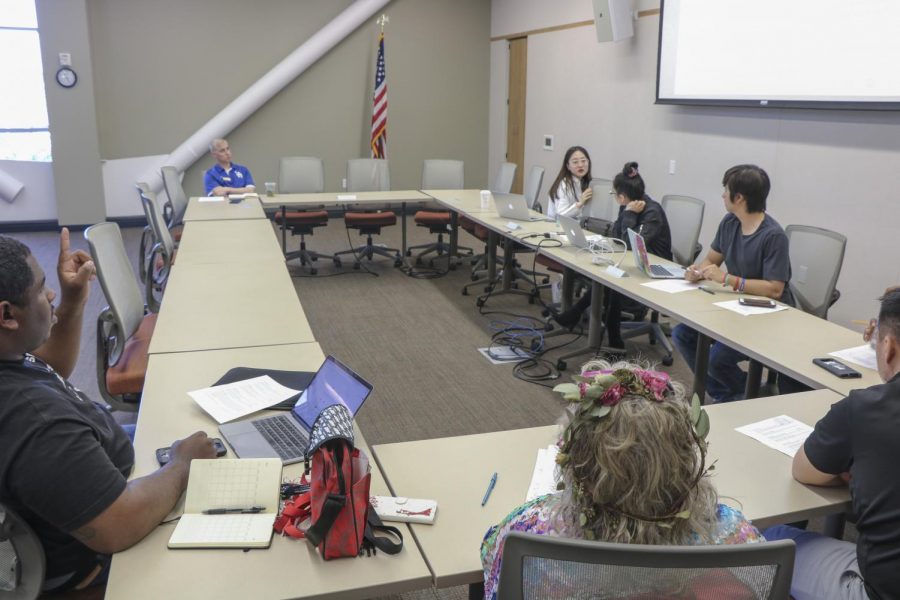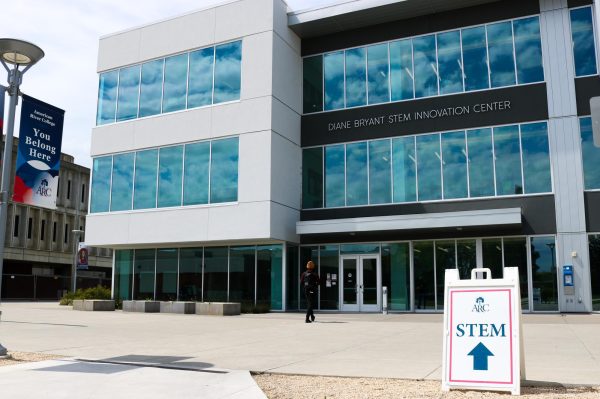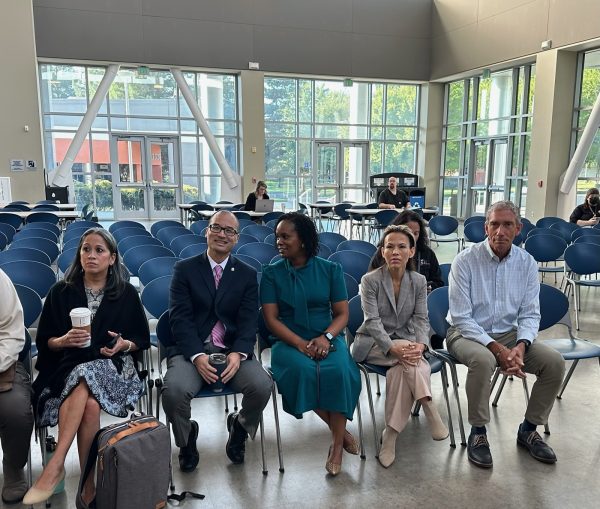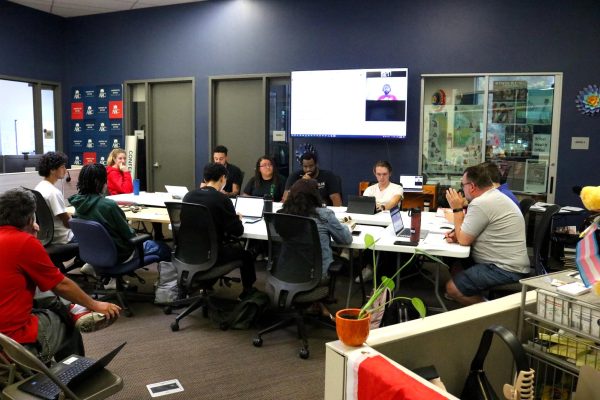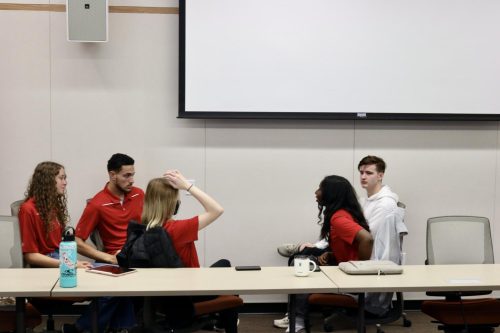ASB declines to endorse ballot propositions in effort to avoid controversy
ASB discusses propositions, removing technology barriers for Senate
Associated Student Body made the decision to stay neutral on the upcoming ballot propositions for the 2020 election on Oct. 16, 2020. ASB now meets over Zoom do to campus closure because of the COVID-19 pandemic.(File photo)
The Associated Student Body discussed the upcoming election propositions and made a decision to stay neutral on ballot measures to avoid the possibility of controversy and backlash during its Oct. 16 meeting.
The first items on the new business agenda were the Senate’s opinions on the propositions on the 2020 presidential election.
The Senate came to the conclusion that it would not be appropriate to either approve or disapprove a proposition because it does not want to sway students to vote in a certain way.
“We are only a few individuals representing our entire student population with many different opinions and life experience,” said Sasha Zabegalin, an ASB senator.
The decision comes from a previous board’s action on a previous election. The Senate had sparked controversy during the 2008 presidential election by endorsing Proposition 8, which stated that the legal act of marriage was only allowed between a man and a woman in California, according to Zabegalin.
“If we as the Student Senate were to take a stance on one of California’s propositions this year, we could face backlash from our constituents,” Zabegalin said.
The Director of Legislative Affairs, Jacob Couch, used Proposition 15, which increases taxes on properties worth over $3 million and gives that extra funding to public schools and government agencies, as an example of why the Senate should be neutral because it could affect the board’s credibility.
“If we support this, we would be breaking California Education Code § 7054(a),” Couch said during the meeting.
Dasari says that another reason for staying neutral is to make sure the senators do not take advantage of their roles.
“It can be difficult though, attempting to maintain apolitical in our roles, especially with how much politics ties into our social issues and how polarizing many of the issues can be,” Dasari said.
The Senate also discussed fixing technology barriers that their members may have been facing during remote learning that prevent them from attending mandatory meetings.
“Members in the Student Senate, and in CAEB are required to sit on committees outside of the weekly board meeting,” Dasari said.
Dasari said she has an interest in using funds to help members get access to portable Wi-Fi hotspots for those with poor connections and Chromebooks for those using their smartphones.
“We already had reports of people in [the] Student Senate who have had to purchase additional technology because of damages due to excessive usage, myself included,” Dasari said.
The Senate committees that met last week include the Chancellor’s Cabinet, which discussed what reopening would look like, and the Affordable Learning Materials Committee, which is working to help professors with challenges during distance learning by implementing an online course for them.
“It is a course to educate teachers on open educational resources, which would lower the cost of textbooks and courses in general,” Couch said.
The next Student Senate meeting will be held over Zoom on Nov. 6 at 10:30 a.m.


